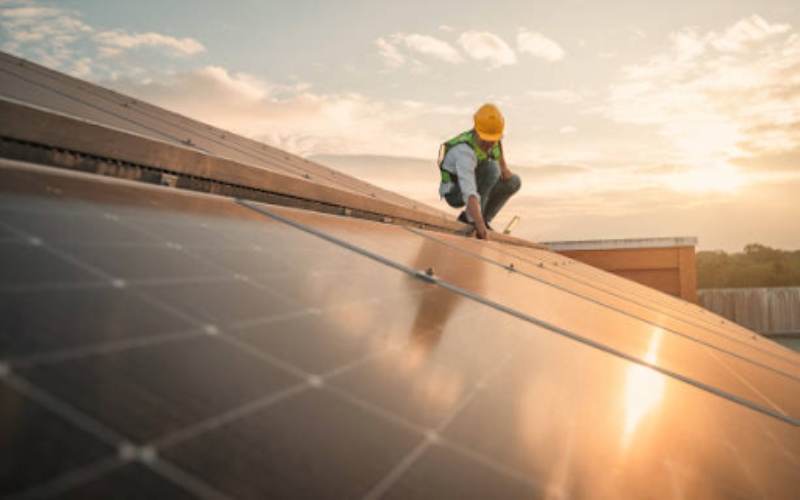The rapid shutdown devices for solar systems (RSDs) are a major technological advancement that ensures modern homes are made safe and energy-efficient. In order to safeguard their investments as well as enhance the operational performance of their installations, homeowners can integrate these systems with help from reputable suppliers of solar energy equipment. Provided by good solar energy equipment suppliers, this article discusses various benefits of residential settings embracing RSD solar technology.
RSD Solar Technology
Rapid shutdown device (RSD) entails systems designed to instantaneously de-energize photovoltaic panels during emergencies such as fire outbreaks and electric faults. These systems prevent potential electrocution hazards while reducing fire outbreak probabilities, hence playing a role in homeowners’ safety and well-being especially during emergencies. Various national safety standards require the usage of this kind of system thus promoting safer domestic environments.
Key Benefits
A major advantage brought about by adoption of RSD technology is improved safety. It is by instantly turning off power supply from the solar system that these appliances reduce chances of electrical accidents or even fires spreading through these appliances. Also, it guards against damages arising from overloads or faults in electrical components thereby contributing to the overall healthiness of the entire solar system.
Right Supplier
When you want to implement an RSD technology then choosing a right supplier for your solar energy equipment becomes very important. A reputable supplier offers high quality, durable and compliant RSDs which will be obtained. This paper points out that manufacturers who specialize in making equipment used in RSd can also offer users with useful information on which products best suit an individual’s specific demands based on his/her architectural layout.
Install and Maintain
Installation must be done right; maintaining them on a regular basis too is crucial if one wants successful operations over a long time. Companies that manufacture and supply solar energy equipment also do installation work for instance in this case the RSD system is correctly installed into the existing solar arrangement. In conclusion, maintaining such places ensures that they are always in good operating condition through maintenance checks or updates periodically carried out by these professionals thus increasing its productivity and up time.
Future Trends
There is a bright future for RSD solar technology as new developments continue to improve its efficiency and integration capacities. As one of the innovations, smarter systems have been introduced which can easily interact with other home energy management systems thereby helping owners to make informed decisions about their power consumption patterns as well as healthiness of their PV systems. Solar energy equipment suppliers, however, have not only moved with the times but also positioned themselves for future needs.
In summary, installing RSD solar technology in most modern homes offers homeowners significant safety and efficiency benefits. To be sure that their installations are compliant with latest safety requirements and therefore safe, people who own homes partner with reliable sources of solar energy spares. As we move forward and adopt these sophisticated technologies, it becomes apparent that all organizations involved will need to invest more resources if this energy source should be safe indeed since upgrading to an advanced residential sustainable rooftop project would require much dedication on their part.

